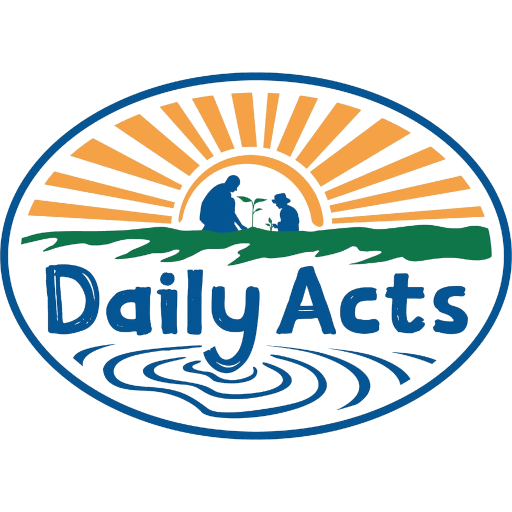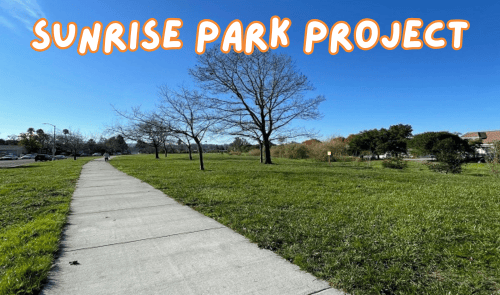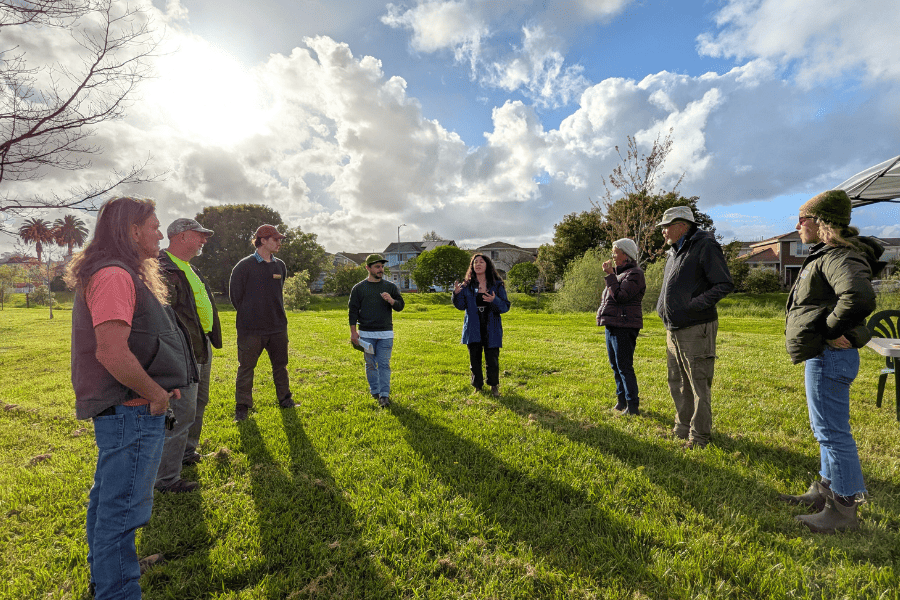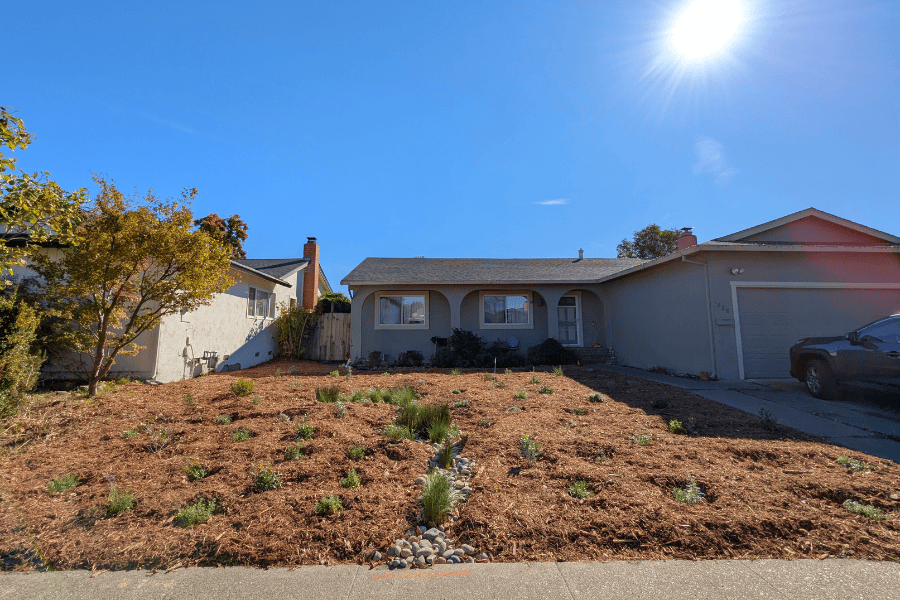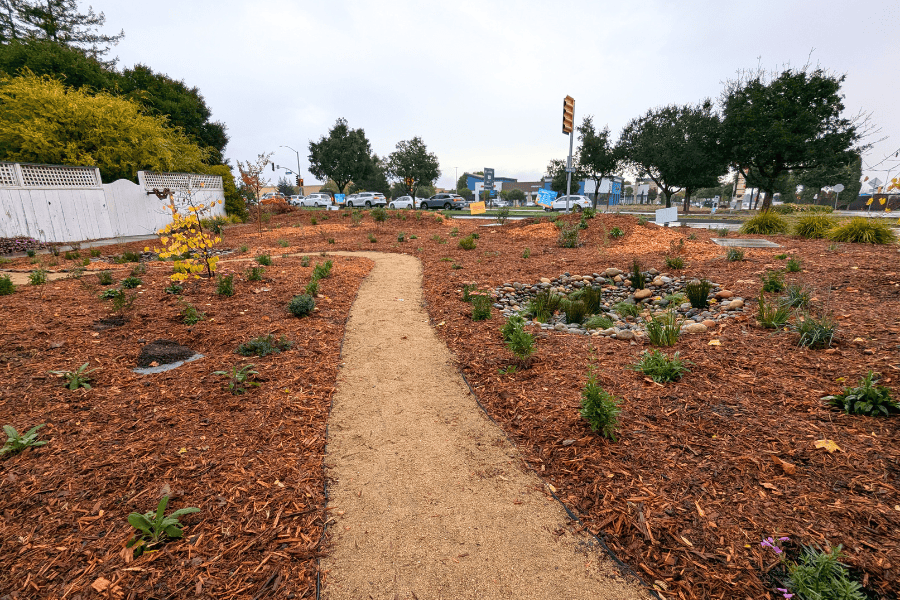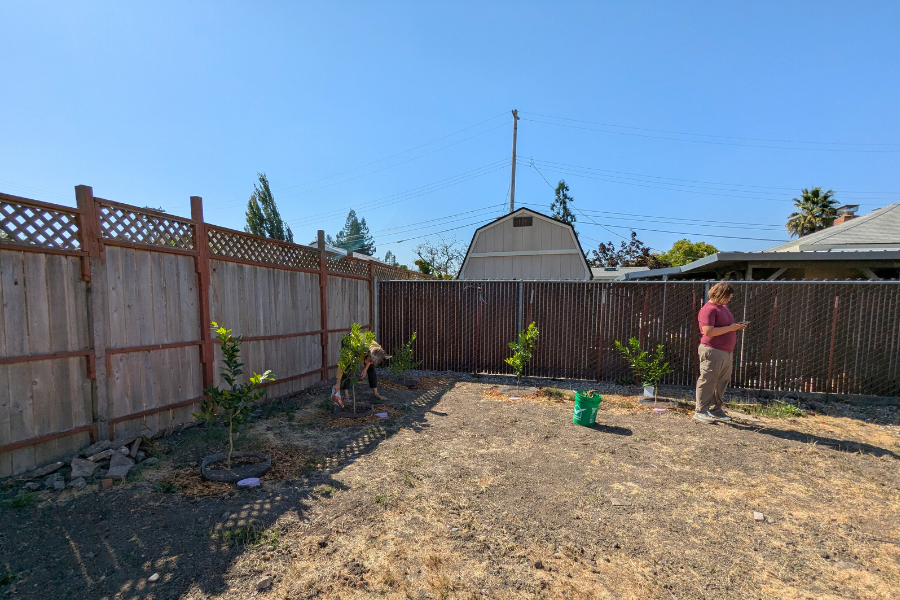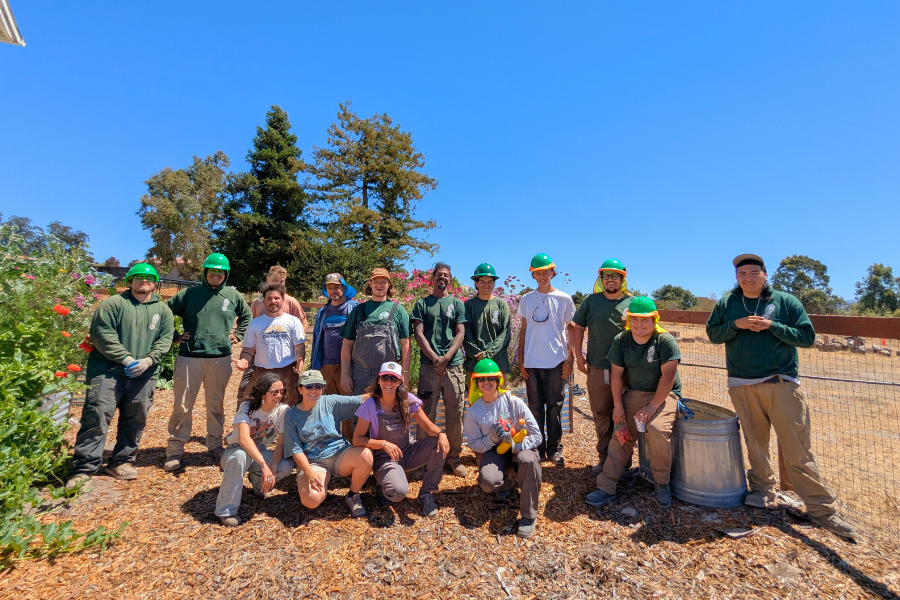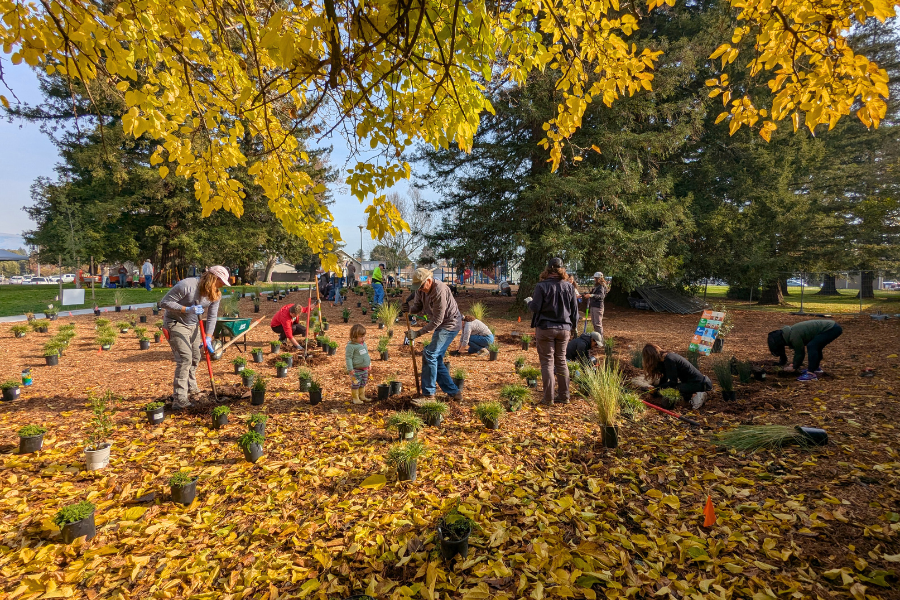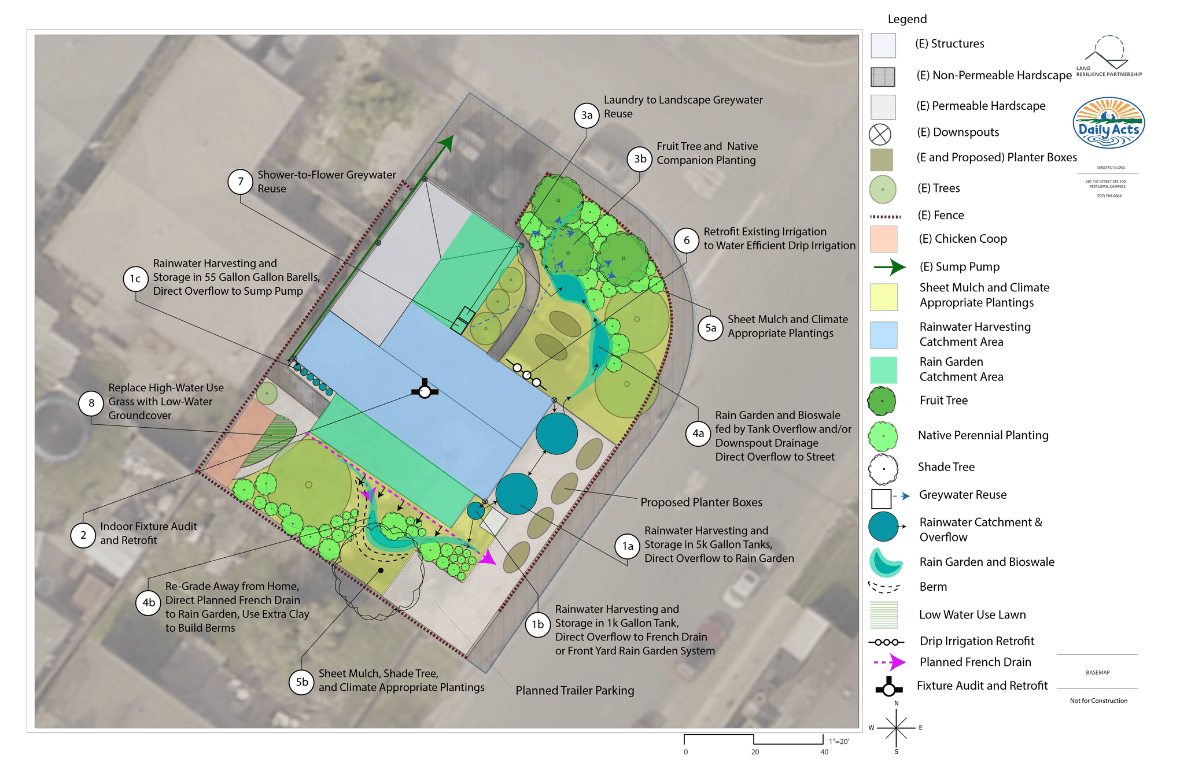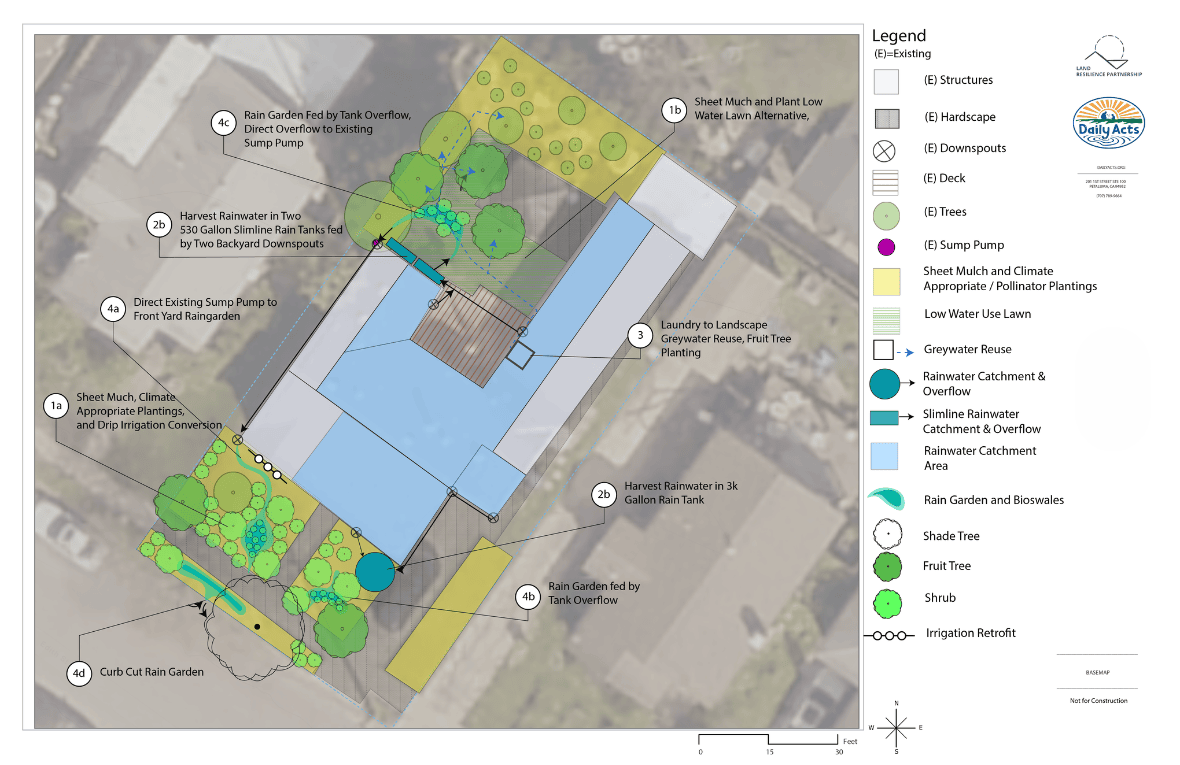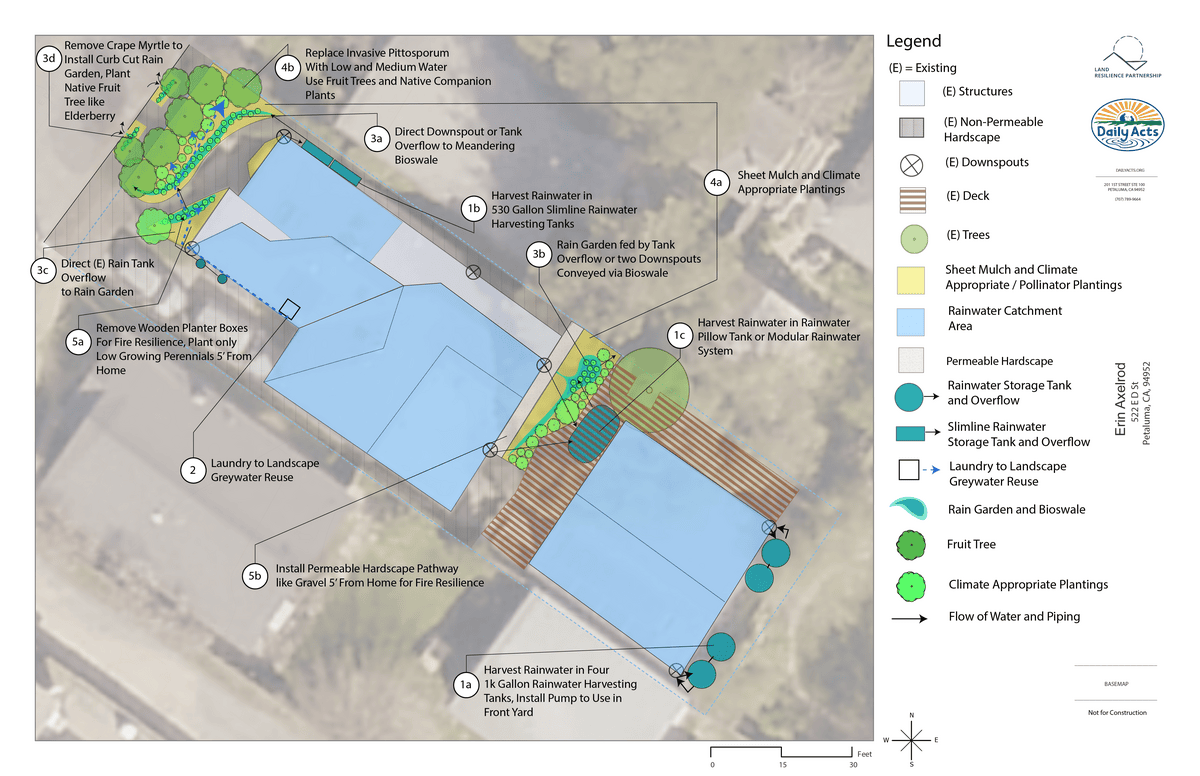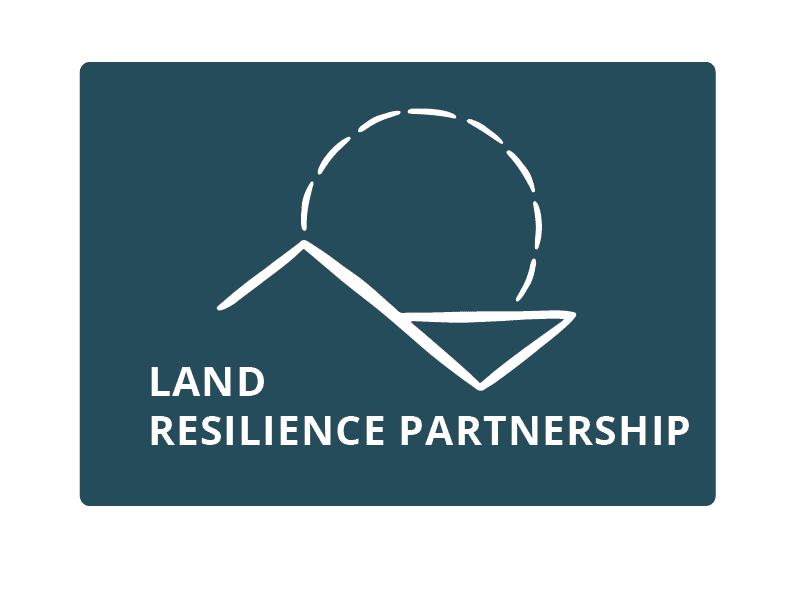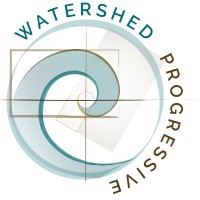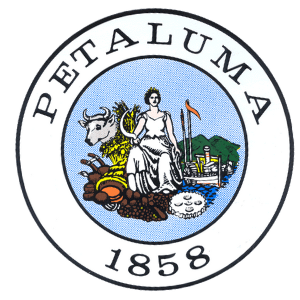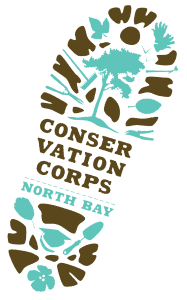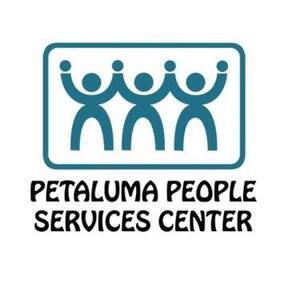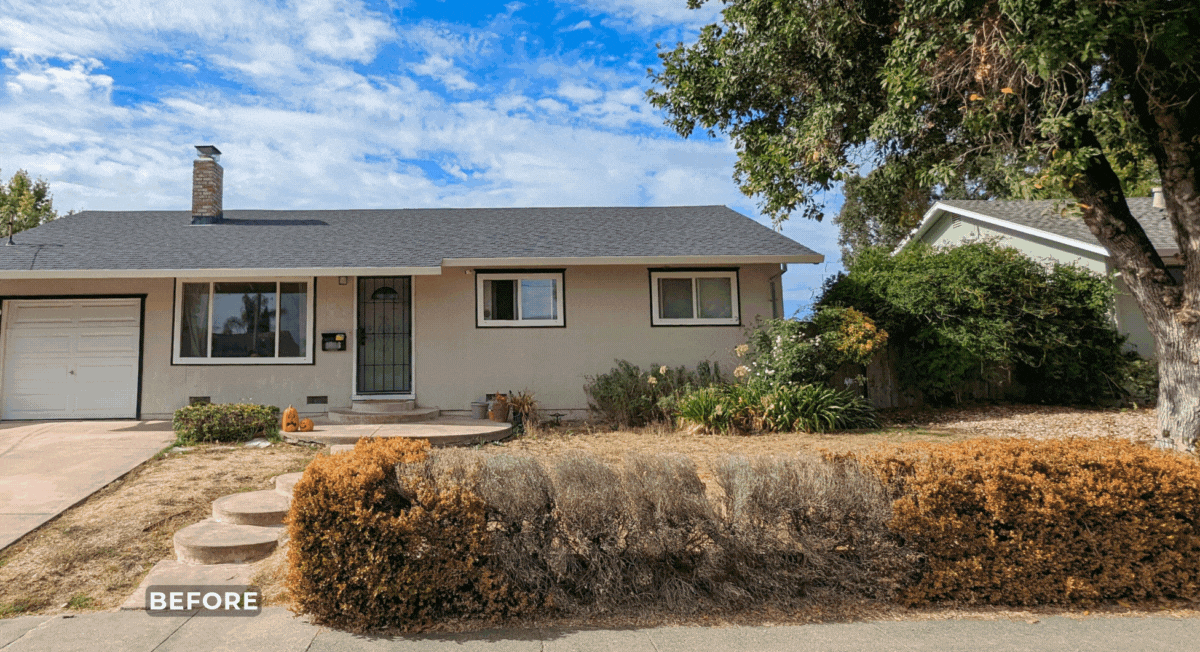
About the Land Resilience Partnership
Through a 3-year grant from California Department of Water Resources, Daily Acts, alongside several partner organizations, has been able to support community-based drought resilience for Petaluma residents and public parks. From 2023 through 2025, this program has sought to especially focus on East Petaluma, where residents have experienced the greatest fluctuation of drought and flood related impacts.
This project employed the Watershed Progressives’ Land Resilience Partnership model to address drought impacts and conserve water. Through geospatial analysis of the city, Daily Acts was able to identify locations where small-scale projects like rainwater catchment systems, rain gardens and bioswales, greywater reuse systems, turf conversions, drip irrigation conversions and planting habitat and shade trees in mass would have the greatest impact. This community-based drought resilience and response model provides multiple benefits including: water use reduction, fire resilience, flood reduction, habitat and urban shade.
By the end of 2025 –with help from partners including Watershed Progressive, Sonoma Resource Conservation District, and City of Petaluma, and local contractors and volunteers – a total of 125 residential and public sites will receive site assessments with technical assistance such as planning and design support. A total of 60 installations will have been implemented on those sites to provide residents with materials and installation support for a number of water saving solutions. This water-conservation program has allowed us to scale Daily Acts’ on-the-ground solutions to the next level!
Featured Water-Saving Project Installations
Through the Land Resilience Partnership Program, Daily Acts is installing a total of 60 water-saving projects in Petaluma! These projects include on-site tools including rainwater catchment systems, rain gardens and bioswales, greywater reuse systems, turf conversions, drip irrigation conversions and planting habitat and shade trees. Take a look at some of our featured installations below:
Landscape Designs: Site Assessments & Catalog of Projects
Through the Land Resilience Partnership Program, a total of 125 residential and public sites will receive technical assistance for planning and design support.
Following a site assessment, Daily Acts produces a Catalog of Projects: a site specific design that lists projects and priorities that can be implemented on site to save water, mitigate flooding, and build land resilience. This document provides project specific data that captures the water savings benefit associated with each project. Recipients of a Catalog of Projects are not only provided with a site specific design, but also Daily Acts’ trusted contractor referral list and a multitude of project specific resources to support our community members’ land resilience journey.
Click the images to see design examples!➡️
Build climate and drought resilience with local on-site tools
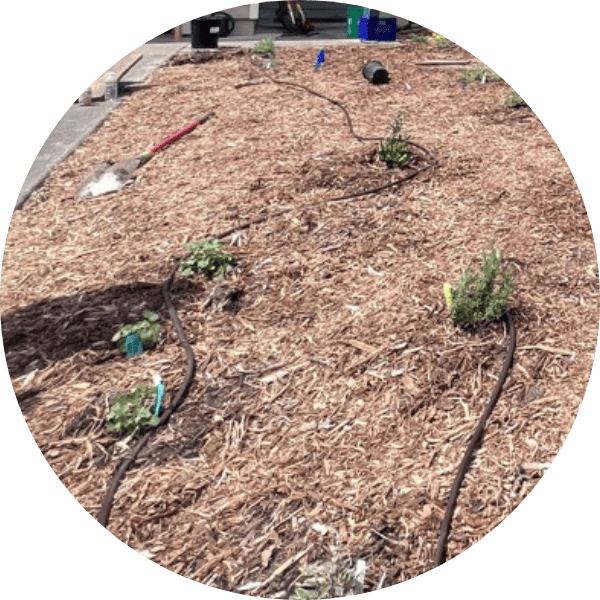
Irrigation Efficiency Upgrades
Irrigation efficiencies are strategies aimed at minimizing the loss of water due to evaporation leaks, and runoff. This may include upgrading irrigation timers to a more efficient water delivery that reduces consumptive use while maintaining the same amount of healthy and attractive landscape. By switching irrigation times on existing irrigation systems to morning or evening when temperatures are lower, less water is lost to evaporation.
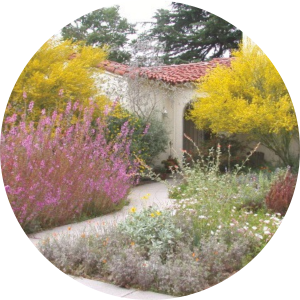
Lawn Conversion
Lawn Conversion is the removal of a monocrop landscape and planting low water or native plants. The shallow roots of turf grass compact soils limiting water absorption when it rains. Runoff picks up any chemicals or fertilizers from your yard and transfers them to local streams. With the installation of native species or low water use plants, roots are given a chance to grow deeper and create systems that hold water in the soil and lessening runoff. Click here for Climate Appropriate Planting Guide and click here for Mulching Guide.
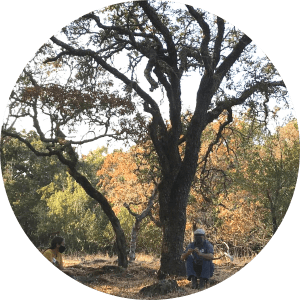
Increase Shade Canopy
Increasing shade canopy on any landscape means more than just planting trees, though that is the most impactful solution. It can often mean the implementation of a variety of plants that decrease the amount of sunlight exposure on the soil. This can result in lowering the temperature of the area and increased soil health. With more shade on the ground, water retention in the soil increases, resulting in homeowners having to irrigate less than before.
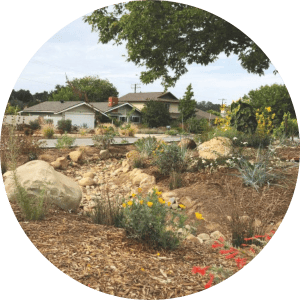
Raingardens & Stormwater Management
Stormwater is water that falls onto the landscape during a storm, and often runs off into storm drains, picking up pollutants on its way. Benefits of capturing this water within your landscape are: improved air quality, habitat enhancement, extreme heat island effect mitigation, and higher property value. Rain gardens are small basins made in the landscape that help to retain water after a storm, allowing for deeper soil penetration and better soil health. Click here for Rain Gardens Guide.
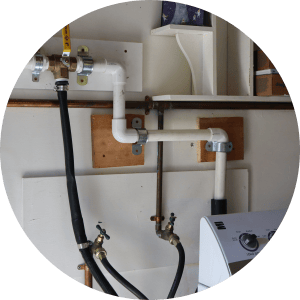
Laundry Greywater Reuse
Laundry greywater is gently used water from your washing machine. Instead of sending greywater to your septic system, it’s possible to utilize that water to irrigate your garden or landscape. While greywater may look “dirty” it’s a safe and even beneficial source of irrigation water in a yard. If greywater is directly released in rivers or streams its nutrients become pollutants, but for plants, they are valuable fertilizer. Pay for your water once and use it twice! Click here for Greywater Laundry-to-Landscape Resource Guide.
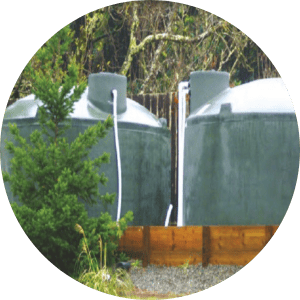
Rainwater Harvesting
Rainwater harvesting is the capturing and storage of rainwater that runs off hard surfaces such as roofs. Gravity pulls water down through the gutters into the storage rain tank. Overflow from the tank can be directed to rain gardens, where the water can infiltrate the soil and refill aquifers. This FREE water, that would have otherwise been lost due to run-off, can be stored and used to water gardens and landscapes long after the rainy season has passed. Click here for Rainwater Harvesting Guide.
125 residential & public sites will receive technical assistance
60 water-saving projects will be installed on those sites by community
These projects will result in water use reduction, fire resilience, flood reduction, habitat and urban shade

